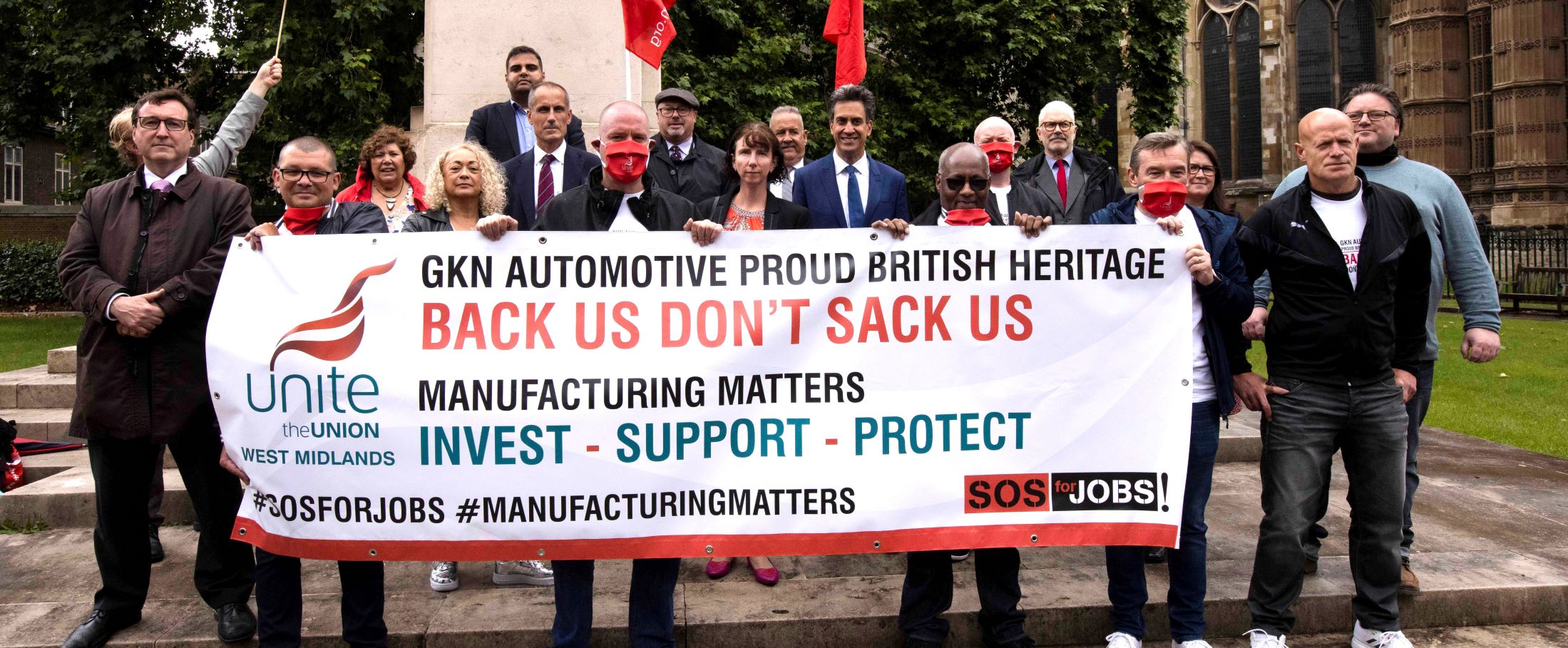In-work poverty rising
Rising employment and wages figures out today (December 11) belied the overall health of the economy as new GDP figures painted a starker picture of things to come.
Both employment and unemployment increased in the three months to October, by 79,000 and 20,000 respectively, bringing the overall jobless rate to 4.1 per cent, 0.2 per cent lower than a year ago.
But the supposed strength of the jobs market the government crowed over today had an altogether more mundane explanation from the Office for National Statistics (ONS) — more people both in and out of work resulted not from a confident economy but from the UK’s rising population, and fewer people classed as economically inactive, including those on long-term sick leave, students, and people who have given up looking for a job.
Wages rose by 3.3 per cent in the year to October, but adjusted for price inflation, weekly earnings increased by only about 1 per cent – an uptick since 2016 but still well below pre-financial crisis levels.
Today’s figures follows data published yesterday (December 10) revealing a worrying economic slowdown. The UK’s economy grew by only 0.4 per cent in the three months to October, slower than the 0.6 per cent rate in the three months to September; economists predict a continued slowdown in growth in the last three months of the year.
Summer retail spending boosted by warm weather, a royal wedding and the World Cup was not to last despite economists hoping that growth in real wages would translate into more sustained consumer spending.
Much of the slowed growth in the overall economy was driven by a fall in car sales and a significant contraction in pharmaceuticals production which hit manufacturing as a whole.
Unite assistant general secretary Tony Burke said continued Brexit uncertainty was in part to blame for falling car sales and the contraction of manufacturing.
“These figures are nothing new – they’re only an extension of what we’ve seen in the last year,” he said. “There’s a real sense that things will only get worse, particularly in investment – companies are wary about investing in this climate of heightened uncertainty.”
“The car industry’s woes are being further exacerbated by confusion over diesel policies which has been wholly self-inflicted by the government,” Burke added. “Unite fears that unless we get clarity over Brexit very soon, the overall picture for automotive and manufacturing will only worsen.”
The government’s narrative of a jobs and wages recovery was further discounted by research published last week showing the growing extent of in-work poverty in the UK.
A study carried out by the Joseph Rowntree Foundation found that about half a million working people have been dragged below the breadline in the last five years, bringing the total number of working people in poverty in the UK to 4m – meaning that one in 8 people in the economy are now classified as working poor.
Crucially, the number of people in work in poverty is rising faster than the employment rate, demonstrating that the ONS’ headline jobs figures aren’t an accurate assessment of how many working households are faring.
Labour’s shadow work and pensions secretary Margaret Greenwood highlighted these figures as she argued that any signs of a wage recovery are in fact a mirage.
“Real wages are still lower than they were ten years ago,” she said. “Too many people are trapped on low pay in insecure work and increasing numbers of children are growing up in poverty.”
Unite general secretary Len McCluskey agreed.
“Looking at the economy as a whole, the only thing we can be clear on is that picture remains uncertain for working people,” he said, commenting on today’s figures.
“The GDP figures are another reminder us that growth has seeped from the economy as people are too fearful for the future to spend,” McCluskey added. “The hallmarks of this government – a botched Brexit and mindless, continuous cuts – are taking their toll.”
“Any uptick in wages is obviously welcome, even one this minor, but it will take a long time to recover ten years of lost income swept into households by senseless Tory austerity.
“The truth is ours is now a country where inequality and insecurity are rife, a shameful accolade for the sixth biggest economy on the planet.”
 Like
Like Follow
Follow

